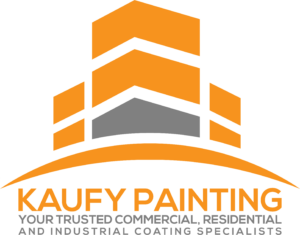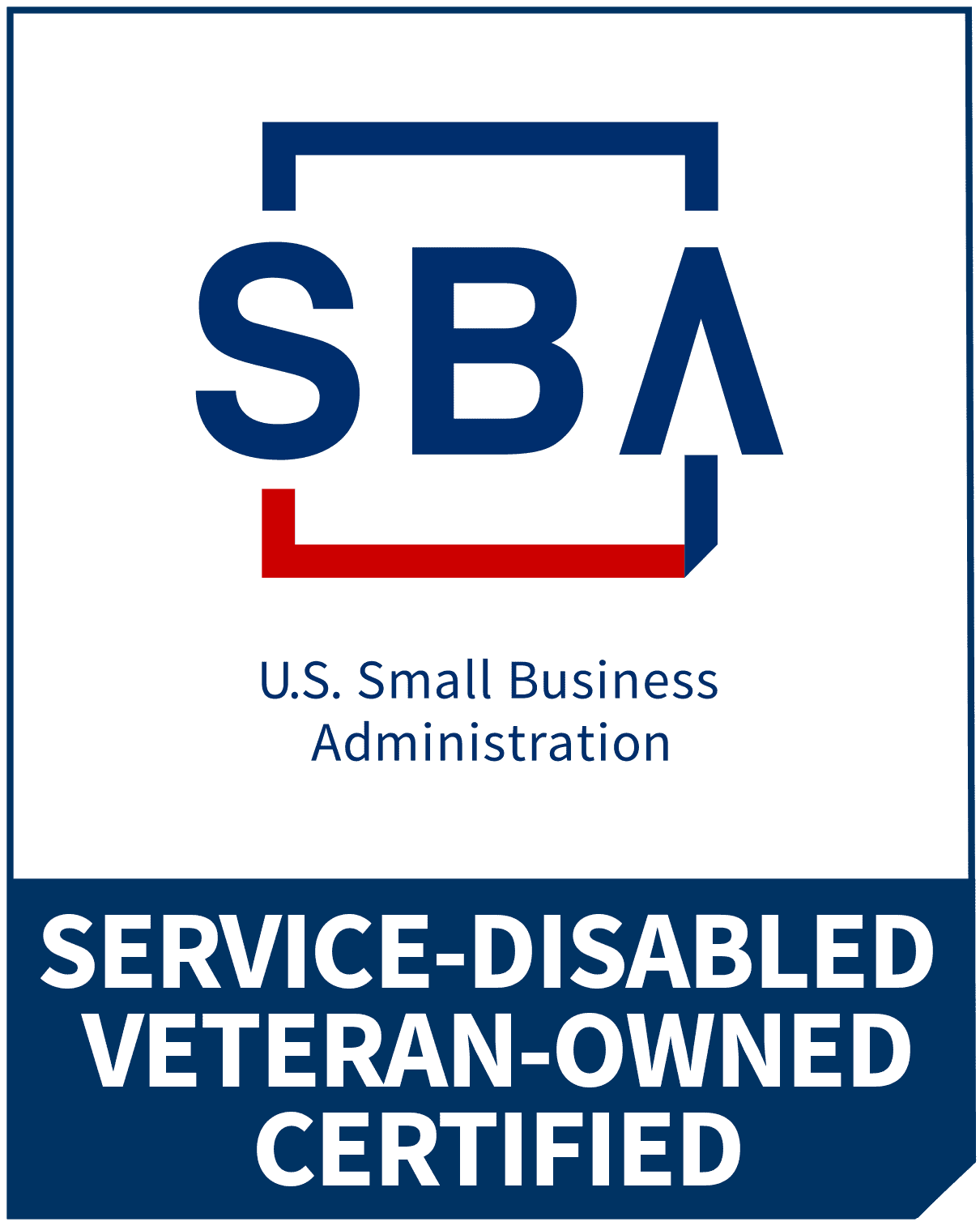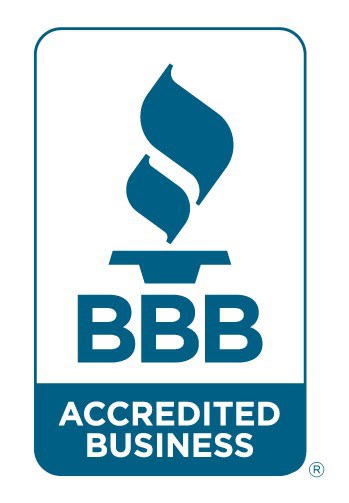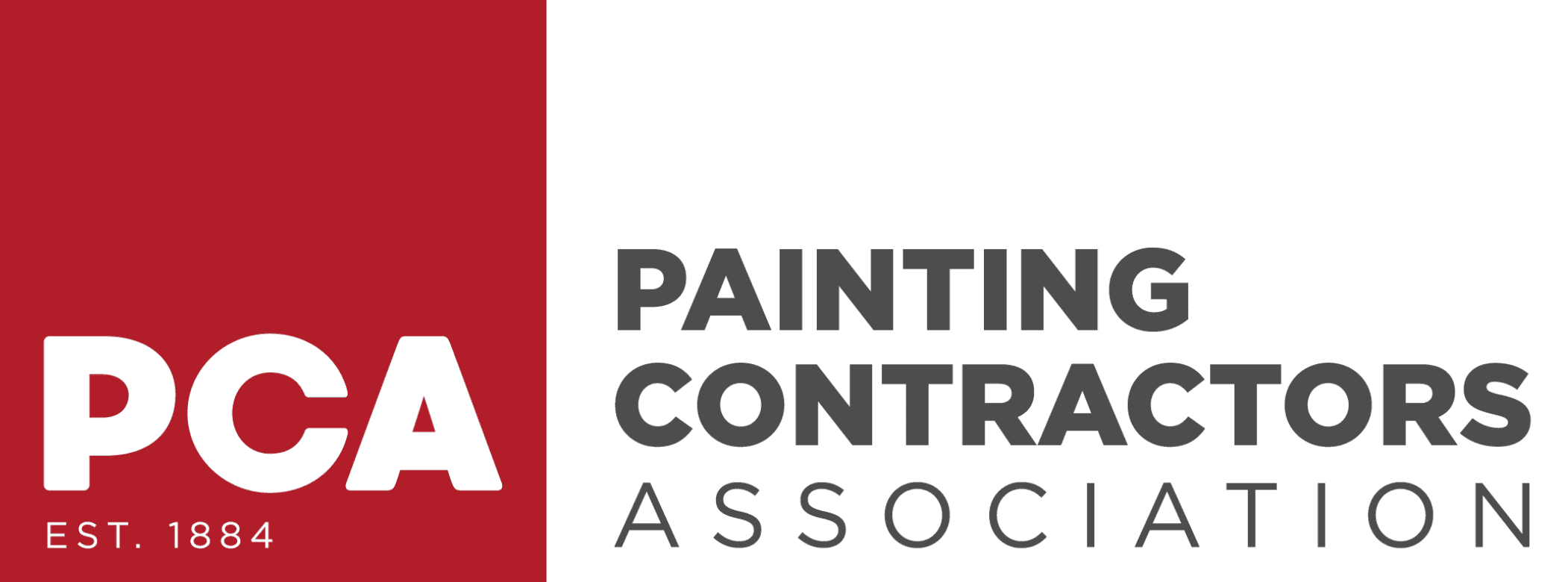Industrial paints are more than just a protective layer—they are engineered systems designed to withstand extreme stress, maximize safety, and reduce operational costs. In warehouses and factories, coatings are exposed to aggressive conditions like forklift traffic, caustic chemicals, high humidity, and constant abrasion. The wrong coating leads to frequent repainting, shutdowns, and compliance issues.
This guide provides a comprehensive, surface-specific breakdown of top-performing industrial paints tailored for facility managers, operations directors, plant engineers, and real estate developers.
From floor systems to corrosion protection and compliance markings, you’ll find technical recommendations and product-specific insights to match your operational needs.
Key Challenges in Industrial Environments
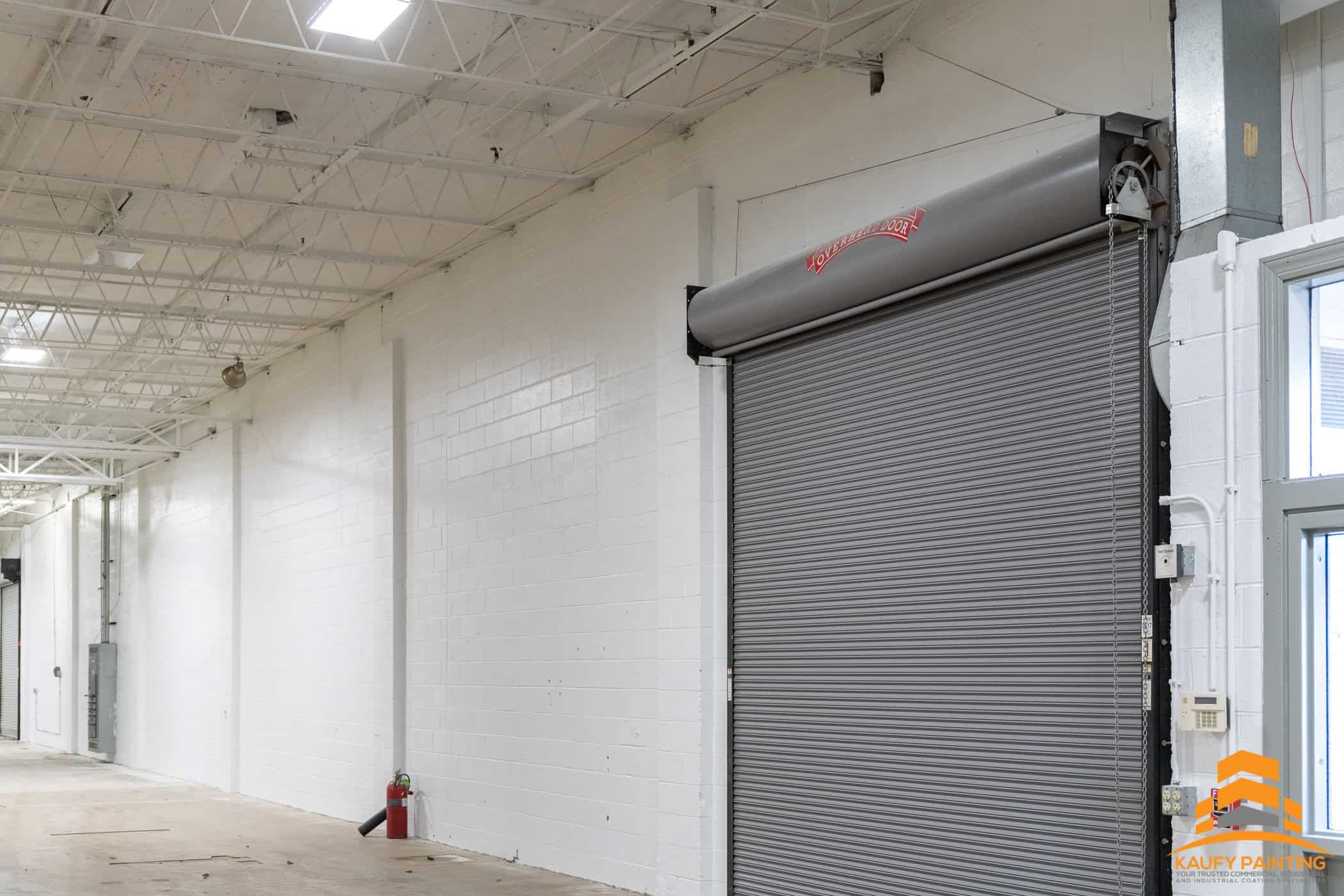
Common Paint Stressors
Industrial facilities experience mechanical and chemical stress beyond typical commercial environments:
-
Traffic Load: Forklifts, pallet jacks, and heavy carts constantly abrade painted floors.
-
Chemical Exposure: Oil, solvents, hydraulic fluids, and cleaning agents degrade traditional coatings.
-
Moisture and Condensation: High humidity or water ingress causes blistering and delamination.
-
Impact Damage: Structural columns, machine bases, and loading docks suffer frequent hits from equipment.
Regulatory and Safety Compliance
Industrial paints also serve safety and legal roles:
-
OSHA Safety Striping: Requires high-visibility markings for aisles, emergency exits, and hazard zones.
-
FDA/USDA Regulations: In food-processing plants, coatings must be non-toxic, easy to sanitize, and resistant to microbial growth.
-
EPA Standards: Volatile Organic Compound (VOC) limits regulate which coatings can be used in enclosed workspaces.
Operational Priorities
Decision-makers look for coatings that minimize lifecycle costs:
-
Long-term durability to avoid frequent recoats
-
Low downtime with fast-curing formulas
-
Reflective or insulating coatings to improve energy efficiency
-
Seamless finishes to prevent bacterial harboring and simplify sanitation
Types of Industrial Paint Systems
Industrial paints are formulated for specific substrates, functions, and environmental demands.
Epoxy Coatings
Best For: Concrete floors, heavy traffic zones, production lines
Properties: High compressive strength, solvent resistance, seamless film
Top Products:
| Product Name | Key Features | Manufacturer |
|---|---|---|
| ArmorSeal® 1000 HS Epoxy | High-build, abrasion-resistant | Sherwin-Williams |
| Rust-Oleum EpoxyShield Pro | Easy application, heavy-duty use | Rust-Oleum |
| Aquapon® 35 Epoxy | Waterborne epoxy, chemical resistant | PPG |
Note: Epoxies are susceptible to UV discoloration. Use a polyurethane or polyaspartic topcoat for sun-exposed areas.
Polyurethane Coatings
Best For: Topcoat over epoxy, UV-exposed areas
Properties: Excellent gloss retention, abrasion resistance
Top Products:
-
Tnemec Endura-Shield® 73: High-performance aliphatic urethane
-
Corotech® V500 Polyurethane: Suitable for metal surfaces and machinery
-
PPG PSX 700: Polyurethane-siloxane hybrid with advanced UV durability
Drawback: Moisture-sensitive during cure; must be applied in dry conditions.
Acrylic Industrial Paints
Best For: Ceilings, vertical walls, light-duty metal
Properties: Fast drying, low VOC, color stability
Examples:
-
Behr PRO i300: Ideal for warehouse walls
-
Dunn-Edwards ENDURACAT®: Waterborne acrylic for metal
These are not suitable for floor systems or high-wear zones.
Alkyd Enamels
Best For: Railings, machinery, piping
Properties: Hard, glossy finish resistant to oils and abrasion
Examples:
-
Rust-Oleum Industrial Enamel
-
Sherwin-Williams Industrial Alkyd Enamel
Best Industrial Paints by Surface Type
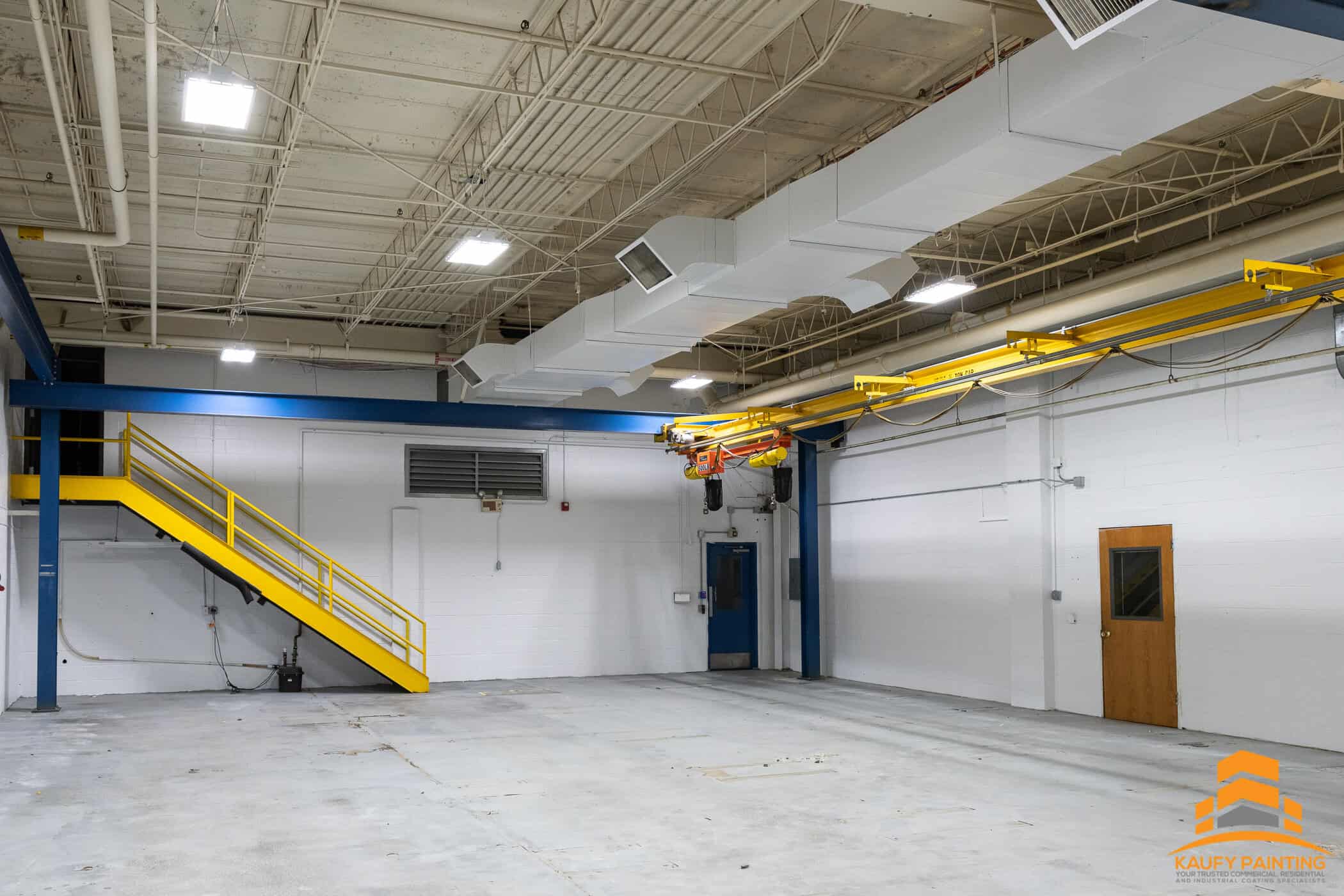
Concrete Floors
Concrete flooring bears the brunt of industrial activity. A durable, chemically resistant coating system is non-negotiable.
Top Recommendations:
| Product | Advantages |
|---|---|
| ArmorSeal 8100 | Urethane-modified epoxy, high abrasion resistance |
| Rust-Oleum 9600 System | High solids, solvent-based, for forklift zones |
| PPG PSX 700 | UV-stable topcoat, good for exposed loading bays |
Technical Tip: Use moisture vapor barrier primers on slabs <5 years old to avoid osmotic blistering.
Metal Surfaces (Beams, Railings, Equipment)
Corrosion is the primary concern. Use a two-coat system: zinc-rich primer + alkyd or epoxy topcoat.
-
Corotech V160: Surface-tolerant epoxy primer
-
Rust-Oleum High-Performance Primer + Enamel: For structural steel and exposed machinery
Best Practice: Power-tool clean or sandblast rusted surfaces to SSPC-SP2 or SP6.
Ceilings and Overhead Structures
Paint must resist condensation, airborne oils, and mold.
-
Behr PRO Ceiling Paint: Fast drying, flat finish, high-hiding
-
Tnemec HydroFlon®: Fluoropolymer coating for corrosion-prone overheads
Application Advice: Use airless spray systems with adjustable angles to reduce overspray and fatigue.
Interior & Exterior Walls
Walls in factories are often subject to grime, dents, and washdown.
-
Sherwin-Williams Multi-Surface Acrylic
-
PPG Pitt-Tech Plus: Resists stains and repeated scrubbing
-
Dunn-Edwards Acri-Hues®: Good color retention under UV exposure
Fast-Cure & Low-Downtime Coatings
Why It Mikeers
In industrial operations, one day of shutdown can mean thousands in lost productivity. Fast-curing industrial paints shorten recoat intervals and minimize downtime.
Rapid-Cure Product Picks
| Product | Cure Time | Type |
|---|---|---|
| Rust-Oleum InstaDry | Walkable in 4–6 hours | Floor epoxy |
| PPG Aquapon WB | Touch-dry in <2 hrs | Waterborne epoxy |
| Sherwin-Williams Rapidcure Urethane | Fast recoat | Polyurethane |
Pro Tip: Use heat blowers or low-humidity application environments to speed cure further.
Safety and Compliance Marking Paints
OSHA Floor Marking Colors
| Color | Use |
|---|---|
| Yellow | Aisles, walkways |
| Red | Fire safety equipment |
| Blue | Work-in-progress or defect areas |
| White | General operation space |
Best Products:
-
3M Safety Striping Paint
-
Rust-Oleum Industrial Striping (Inverted Spray)
-
Pro Industrial High Performance Striping Paint
Professional services can laser-line large areas, apply directional symbols, and add anti-slip aggregates where required.
Moisture- and Chemical-Resistant Coatings
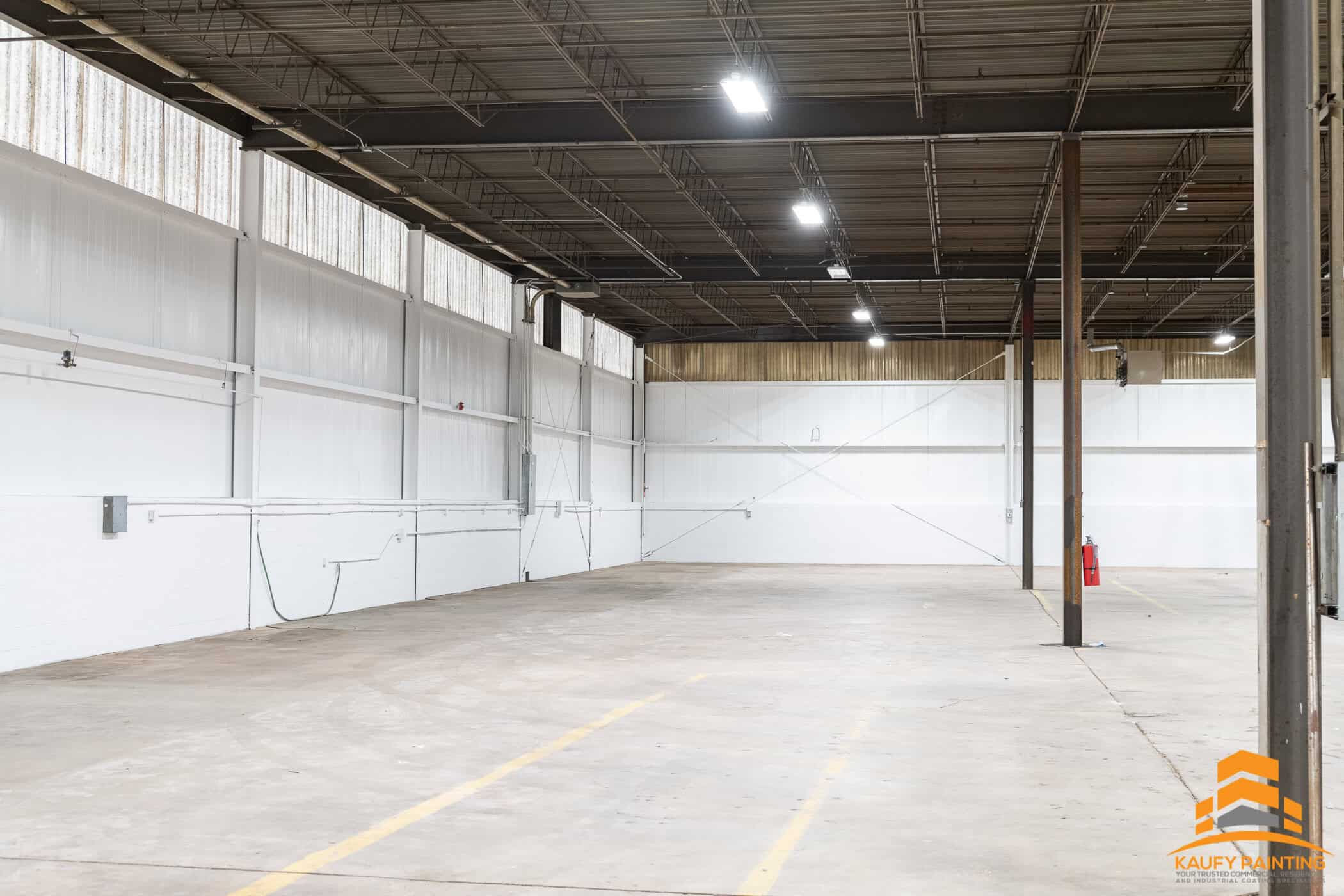
Some facilities—such as bottling plants, pharma, or cold storage—deal with daily washdowns, high humidity, or chemical spills.
Top Coatings for Wet Zones:
-
Tnemec Series 22 Epoxoline: Handles immersion and frequent sanitation
-
Sherwin-Williams Cor-Cote HT: Used in tank linings and wet storage rooms
-
PPG SigmaCover 456: Marine-grade performance, ideal for damp or coastal zones
Add-Ons:
-
Slip-resistant grit additives
-
Mold-inhibiting primers
-
Moisture mitigation basecoats
Sustainable and Low-VOC Industrial Paint Options
Many operations are now ISO 14001-certified or LEED-conscious. Industrial paints must meet environmental and employee health standards.
Low-VOC Options:
| Product | VOC Content | Notes |
|---|---|---|
| Corotech SCUFF-X® | <50 g/L | Durable, low-emission latex |
| PPG Envirocron Powder Coating | Zero VOC | Heat-cured, ideal for metal |
| EcoSelect Interior Paint | Zero VOC | For non-critical vertical surfaces |
Services: Responsible disposal, spray equipment with low overspray, and onsite containment help reduce ecological impact.
Choosing the Right Paint System
Key Questions to Ask
-
What surface is being coated?
-
What environmental stress will it endure?
-
Is appearance, safety, or sanitation the priority?
-
Can downtime be avoided or must it be minimized?
One-Size-Fits-All Doesn’t Work
Example: A mezzanine office wall needs washable latex, while the forklift aisle requires heavy-duty epoxy, and the machinery zone needs alkyd enamel. Each surface needs its own industrial paint specification.
Why Professional Guidance Mikeers
-
Moisture testing avoids future coating failure.
-
Custom spec sheets provide exact film thickness and recoat times.
-
Warranty-backed application and maintenance contracts ensure long-term ROI.
Conclusion
The right industrial paints can mean the difference between a well-run facility and one constantly battling deterioration, downtime, or safety violations. Choosing high-performance coatings ensures longer intervals between repaints, reduced operating costs, and safer, cleaner work environments.
Let us help you assess your facility’s paint performance. We offer:
-
Free site walkthroughs and coating assessments
-
Product spec sheets matched to your industry
-
Full repainting service packages for warehouses and industrial plants
Contact us today to schedule a consultation or download our “Top Paints by Industrial Surface” PDF guide.
